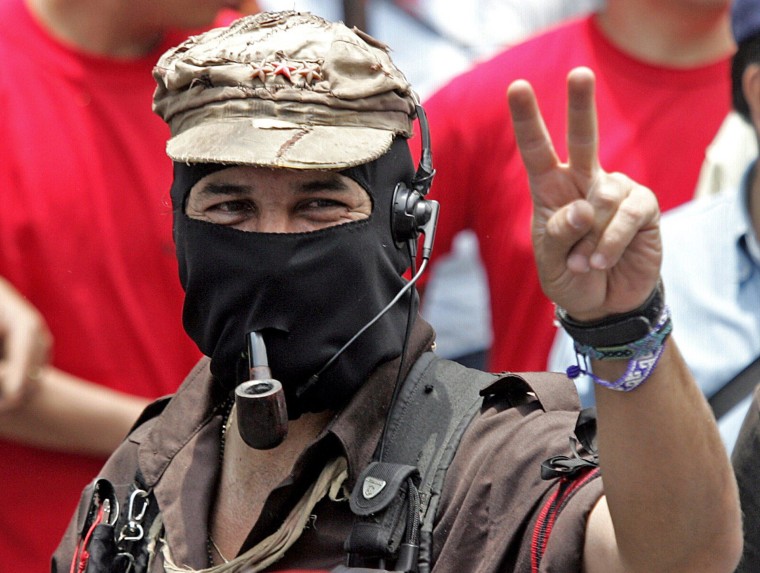Don't look at me, I'm hideous.
- Kane Murdoch

- Mar 31, 2023
- 4 min read
Updated: Apr 3, 2023
Evening all,
The internet takes you strange places with your mind. When Twitter pal @alix_thoeming suggested talking about central conduct units (which are staffed predominantly by professional staff in my experience), and why they are either seen as toothless tigers or monstrous punishers I figured that's something I'm qualified to helpfully comment on. What also popped into my mind was Tony the Tiger from breakfast cereal. Which led me to the headline "Tony the Tiger is getting harassed on Twitter by sexually aroused furries." The world is a strange fucking place, but to my limited understanding furries are usually on the right side of any argument, so Tony the Tiger fucked up, somehow. But I digress.
I know it's really easy for many of us in higher ed to stay in our little bubbles, professionally speaking. Many academics might interact with professional staff, but academics are really their own peer group. Flip it and the same is likely true for most professional staff. Then we factor in the divides between professional staff, academics, and the great ogre of universities, Management.
So, we each develop our own ways of thinking, of working and of understanding but rarely talk to each other or understand how the other views things. For good and for ill though, throughout my time in higher ed (now getting annoyingly close to two decades) I've never quite fit into the category my jobs place me in. I've co-convened thesis courses for 400 students a year, been on education committees, assessment review groups, and done a bunch of other things which professional staff usually don't. And so i guess my views have been shaped by that.
Before I go on, let me lay out a few things. First, nearly everyone in higher ed thinks cheating is rare and egregious. It's often the latter, but certainly not the former. As a result, there are often different understandings of the misconduct map, and those who are active on that map.

Thinking about those who believe that we are punishers, I have to be honest with myself and all of you by saying that when I started working as an investigator in a central unit dedicated to that task, I enjoyed the thrill of the hunt. The fact that I came to believe a given student wasn't telling the truth allowed me to lull myself into a "Gotcha" mindset. However, I also reminded myself of a time years earlier when I was working with an academic to investigate a plagiarism case. During this process I remember the unnamed academic threatening the student with police action and declaring in a deranged English accent at volume "WHAT YOUVE DONE IS A CRIME!" After getting over the initial concern that the academic had suffered a stroke, my next thought was how incredibly stupid what he said actually was. Here he was yelling at a student, threatening them with legal action over a couple of paragraphs of copied stuff. Proportionality is important.
The second point is that most working academics have a very limited view of what cheating really looks like. Our friend above thought a bit of bog ordinary plagiarism was a hanging crime. To me that looks like puppies rolling around on a bed destroying a roll of toilet paper. Cute and kind of amusing in its youthful innocence. Therefore, having some understanding of what's actually happening in a given work area is fairly fundamental to understanding those who are doing that work. You may have got the impression that I'm not a huge fan of academic's understanding of professional work, and you'd be right. With rare, but extremely honorable, exceptions most academics who think we in central units are punishers would be high on empathy, but generally pretty low on experience. My example above would be low on both.
If we were to plot people with thoughts on cheating and academic integrity on an Experience/Empathy chart, where would people land? I basically assess my trajectory something like this, with the circle where I am now.

I started my job as an investigator having worked on every plagiarism case in a big school for 7 years, but still had to lose that "gotcha" mindset. As my understanding of what was egregious rose, so did my empathy for all students. Because I understood the landscape better. My former colleague David who I mentioned previously started out more empathetic than me in a number of ways, but I think less empathetic in some others. But it's not surprising in that case that he and I created Courageous Conversations. It was driven by empathy, but also by our growing understanding of the landscape. When you find a couple of hundred students all contract cheating in the same subject, your consciousness tends to expand a bit.
There's much more to say in response to Alix's suggestion, such as the nexus between misconduct, ed-tech, "cop shit" and luddites, but I'll save that one for next time. The next one might feature the Book of Kells and terrible haircuts. It's Friday, and I would like to watch my puppies wrestling on the lawn after being very lazy all afternoon.
KM







Comments